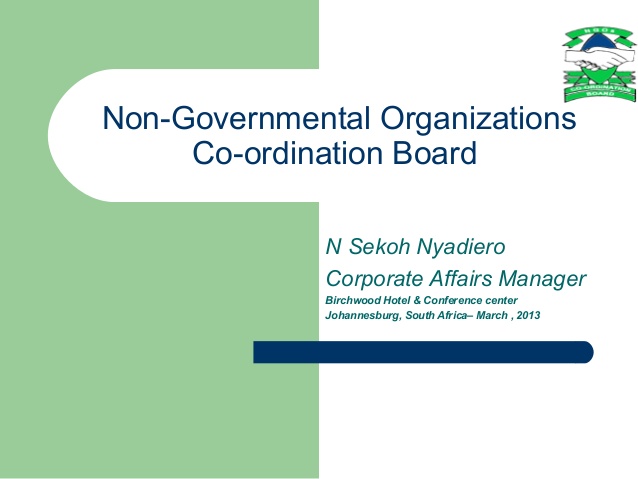As part of our recruitment experience, we have had to recruit top employees for both local and international NGOs. For every successful hire that we made, we established various key factors that employers in the NGO sector look for. So, if your dream is to work for an NGO but with every application you get a regret email, pay attention to what comes next.

In an earlier article here, we highlighted four must haves when it comes to getting hired by NGOs. Employers in the sector are looking for people who already know what they want and are sure about delivering. To help your journey, here are a few things you did not know about working for NGOs.
1. Personal Assessment is key before starting your search
For you to work for NGOs, whether local or international, you have to do more than make an application for an opening you find online. NGOs are very keen on the people they take up as employees, and that’s why most job descriptions appear complicated in their responsibilities and requirements. To join the selected few, you need to first assess yourself at a personal and professional level.
Ask yourself; what do you want to achieve working for NGOs? What drives you in your daily work? What change do you want to see in your community? Once you have concrete answers to these questions, then proceed to look for your best fit. This ensures your applications are not random, convincing recruiters and hiring managers to consider your application.
2. Networking is your best entry into the NGO sector
While you can find NGO careers online; advertised on the organizations’ websites, by recruitment agencies or even on other career websites, interacting with people already in the NGO fields is what gets you hired. You can do follow up on what it takes to work for those particular NGOs, and even learn more about their hiring process.
Meet new people working for NGOs and make connections with HR professionals associated with NGOs on LinkedIn or other social Media sites. And you know why networking works best? Recruiters and hiring managers are inclined to hire people they already know can deliver. That’s partly why most positions are filled through referrals and head hunting.
3. Working for NGOs requires you have all the key skills
You know how applying for a position you are not fully qualified for can work to your advantage? Well, with NGOs the opposite is true. Unless you are starting off at volunteer level, getting hired into a good position in the NGO sector will need you to have all the key skills. A degree and a Masters will not be enough if you do not have the skills needed to deliver.
So, if you want to make it in the NGO sector, equip yourself with everything that employers look for in that particular position. Learn a new language if you must, work for government even when you hate it, learn about different cultures and take up volunteer opportunities despite being overqualified. The experience will help you gain the needed NGO skills to get hired.
4. Your first time working for NGOs will determine your success in the sector
If you choose to work for NGOs that deal with a particular cause that you care for, be it children, hunger, animals, the elderly or refugees, your career success will begin to take shape. If however, you end up working for NGOs that don’t fulfill your career desire, you may not meet expectations. You may also start to question if the NGO sector is your ideal area.
To succeed working for NGOs, first identify the causes that you really care about and assess if you have the persistence needed to land opportunities and deal with any arising discomfort. Because once you get it wrong with your first NGO job, you might end up hating working for NGOs altogether.
Working for NGOs can be beneficial to you in many ways, especially if you get hired into international NGOs. But you also must prove to employers the real reason you want to work for the NGO. Working for NGOs will only be easy if you are sure about your motivation and are sure about the change you want to see.













